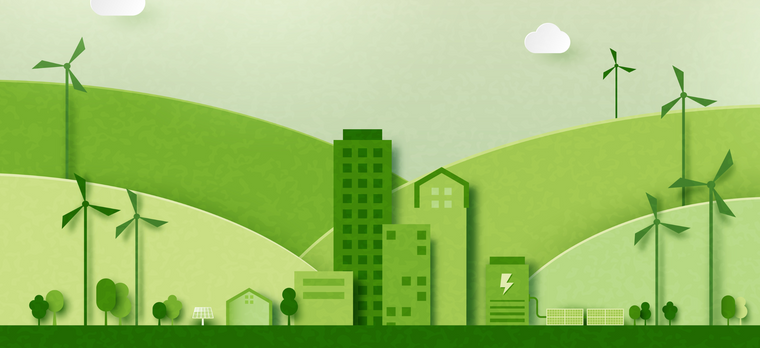Why insights professionals should stop blaming consumers for the sustainability say-do gap. Part 2.
This is the second half of our article on sustainability say-do gap. Part 1 explained why we shouldn’t hold consumers responsible for it. In this second part, we look at where we should focus our efforts.

Article series
Why insights professionals should stop blaming consumers for the sustainability say-do gap
- Why insights professionals should stop blaming consumers for the sustainability say-do gap. Part 1.
- Why insights professionals should stop blaming consumers for the sustainability say-do gap. Part 2.
What does real change look like?
We’re back to corporate governance again, the topic we touched on in part 1. At the same Forging Perspectives event mentioned in the previous article, Charmian Love, co-founder of B Lab UK and Director of Advocacy at Natura&Co, suggested we rename ESG policies (environment, social, governance) to GES, as governance is the most important factor. Real change is systemic and structural and requires organisations to evolve. If organisations consider that their stakeholders include not just shareholders but consumers, suppliers, employees and their families, their neighbours, the local environment, the wider environment and, in fact, the planet, the definition of business success becomes very different.
Real change could include an expansion of non-traditional KPIs such as carbon footprint or social impact; it could include adoption or investment in lobbying power, joining forces with historic competitors in a shared broader mission, dismantling processes that no longer function – or many other creative ways of thinking differently about the purpose of business. And insights professionals can drive real change.

How? You mentioned a superpower…
Insights professionals have a critical and unique role to play in helping the C-suite understand what consumers really want in order to drive through changes in governance. We are very good at helping companies make better products, but we need to go further and influence decision-makers at the highest level.
To do so, we need to use our superpower, which is – here it comes – our ability to listen, understand and communicate human stories. People are all subject to the cognitive bias known as the identifiable victim effect, or the singularity effect, which states that we are more moved by the plight of one identifiable human than we are by news of mass suffering. Or, as Stalin put it, “A single death is a tragedy, a million deaths are a statistic”. It’s not just about data. As Brene Brown says, “Maybe stories are data with a soul”. We need to bring the soul.
There are many examples of brands using human stories in marketing to influence consumers (whilst also selling products): one of the best known is the Dove Campaign for Real Beauty from 2004. But there are also some examples of how human stories have influenced senior decision-makers to change their organisations. One such is the story of Airbnb CEO Brian Chesky being moved to fight racism on the platform and make policy changes after hearing customers' individual accounts of discrimination. Another is the story of Starbucks CEO Howard Schultz, who was reported as being embarrassed and ashamed by the racism experienced by two black men in one of the company's stores, and who responded by closing 8,000 stores for unconscious bias training, at a cost of millions of dollars.
Insights people have the skills and the ability to connect up to the board and back down to marketing and innovation teams, to use data to spin stories and to use stories to bring the voices of real people to those that need to hear them. Blaming consumers for the say-do gap is a cop-out. Let’s use our superpower to fight for real change instead.

Simon Garnett
Founder at The ForgeArticle series
Why insights professionals should stop blaming consumers for the sustainability say-do gap
- Why insights professionals should stop blaming consumers for the sustainability say-do gap. Part 1.
- Why insights professionals should stop blaming consumers for the sustainability say-do gap. Part 2.


